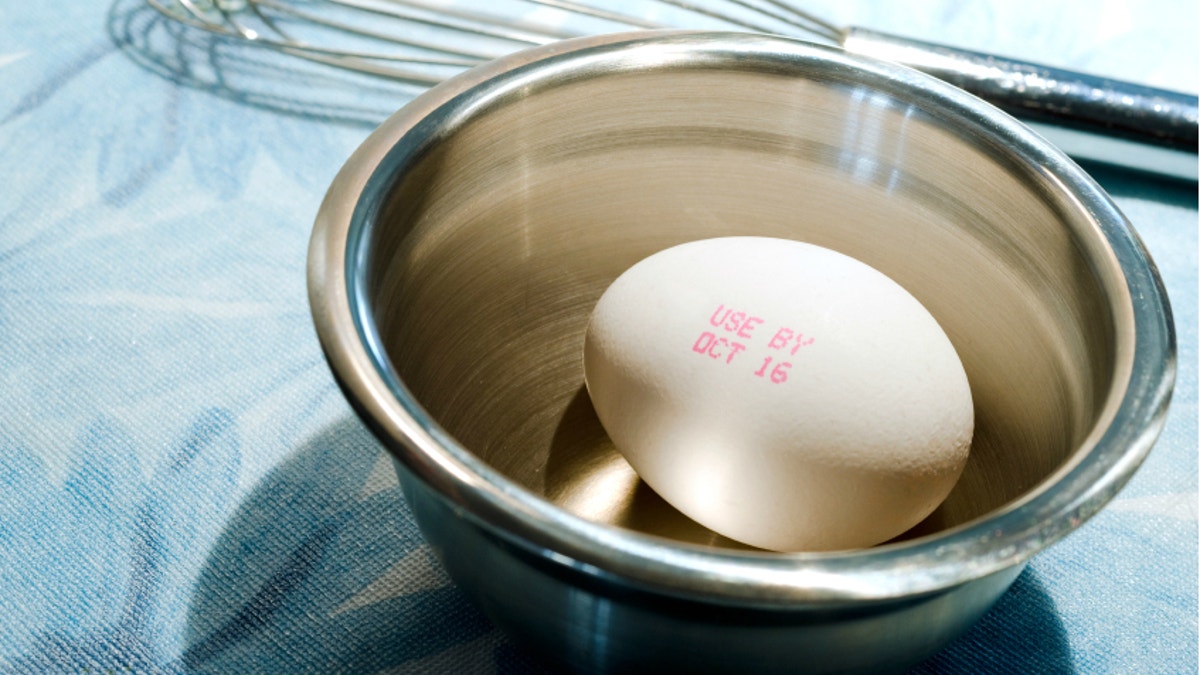
Expiration dates are like threatening work deadlines: They loom overhead, and if you’re even a day late, you’re in for it.
Or so we think.
But sometimes, food can be perfectly good a day, a week, a year, or even multiple years after the numbers branded onto a package.
In fact, Doug Rauch—the former president of Trader Joe’s supermarkets—is turning “expired food” into a business of his own. Come May, he’s opening a grocery store in the Boston area called The Daily Table—it’ll be a market where all the items have one thing in common: They’re past their “sell-by” date.
Which additives do you really need to worry about? Here are 5 common chemicals added to your food.
But before you turn up your nose, know this: “The terminology of shelf life labeling can be confusing,” explains Men’s Health nutrition expert Alan Aragon, M.S. People confuse three popular terms.
But how do you really know if a food is safe to eat? It’s tough to say because it’s a tough topic to study: It’s difficult to determine the point when a food doesn’t look and taste optimal and when it’s downright unsafe, Aragon explains. “Food can be safe to eat even when it doesn’t look great or taste amazing,” he says.
Find out which food labels you should pay attention to and how to decode them.
A general rule of thumb: “The more refined and processed a food is, the longer you can keep it past the expiration date,” says Aragon. Chalk that up to very low (or no) water content in these foods—environments that microbes can’t thrive in, especially when preservatives are added, he says. The exception: Meats—especially processed ones like deli sandwich meat, hot dogs, and sausages. “You don’t want to eat these past the expiration date,” Aragon says. They have a particularly high danger of a type of bacteria called listeria—which can lead to an infection called listeriosis, which—in some cases—can lead to meningitis.
Below, Aragon outlines seven food types and how long you can trust them—even after an expiration date says they’re bad.
Canned goods: Most expiration dates on foods in cans range from 1 to 4 years—but keep the food in a cool, dark place and the cans undented and in good condition, and you can likely safely double that shelf life from 3 to up to 6 years.
Restock your kitchen with the Best Canned and Jarred Goods for Men.
Frozen foods: They’re much like canned goods: pretty much expiration-proof. The exceptions? Meat.
Eggs: Here’s the barometer: Put an egg in a bowl of water. If it floats, the bacteria count is too high and unsafe too eat. Bacteria produces gases in high numbers, causing the egg to float, showing you it’s gone bad.
Pasta: Pasta is a dry good that is hard to spoil—it has no water content. As long as it doesn’t smell odd, you can keep pasta longer than the expiration date.
Bread: You can keep it dramatically longer than the date on the box if you put it in the fridge or freezer. As long as you don’t see mold, it’s good.
Fresh fruits and vegetables: Look at it, smell it, and feel it—and you can usually tell if a food is going down or not.
Check out the 5 Best Frozen Fruits and Vegetables for great tasting (and good for you) produce.








































